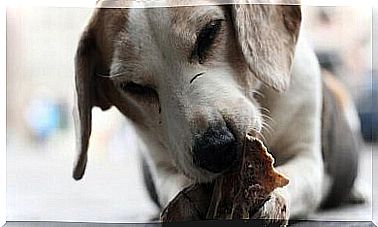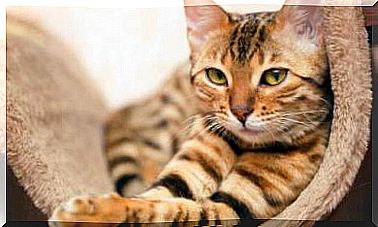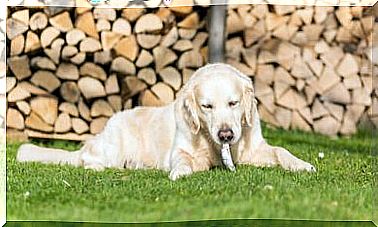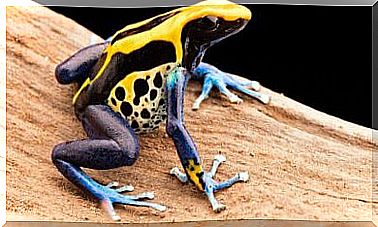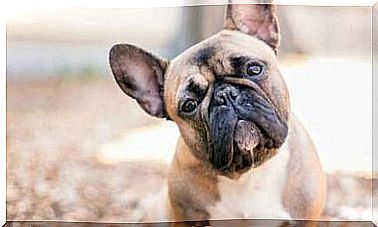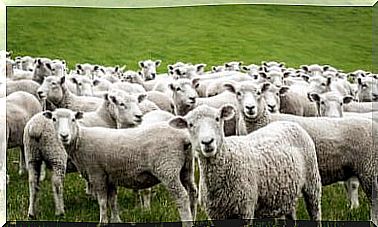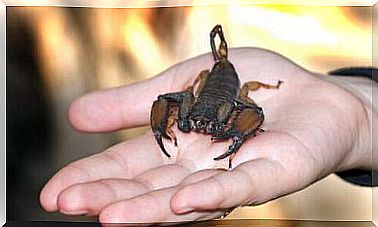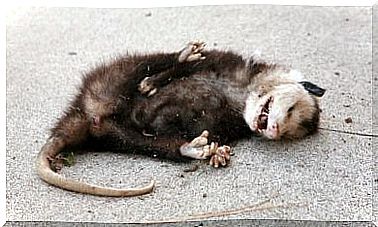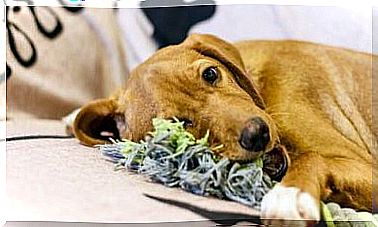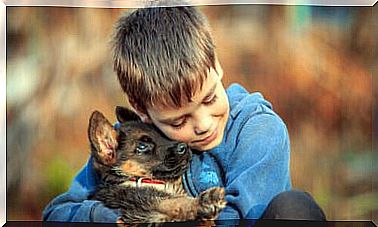Donskoy Cat: Hairless, Affectionate And Intelligent
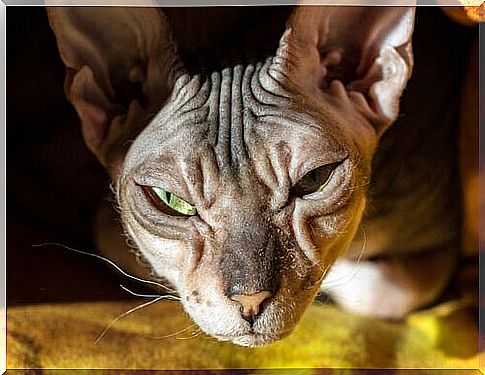
Hairless or with an imperceptible layer of fur, it has a hypnotic look and very marked wrinkles. He is very intelligent, affectionate and playful. These are some of the characteristics of the Donskoy cat, a kitten of Russian origin.
A kitten of Russian origin
Originally known as Don Sphynx , the first cat with these characteristics was found in Russia, in 1987, in Rostov. It was called “Don” because of the river that crosses the city and “Sphynx” since it recalled the famous bald cat of Canadian origin.
However, it was later found that the lack of fur is due to the mutation of a dominant gene. And, in the case of Sphynx, it’s a recessive gene.
The breed began to become popular and spread across the country. It was soon recognized by the major feline associations. In this way, the Donskoy cat entered the World Cat Federation (WCF) in 1997 and the International Cat Association (TICA) in 2005.
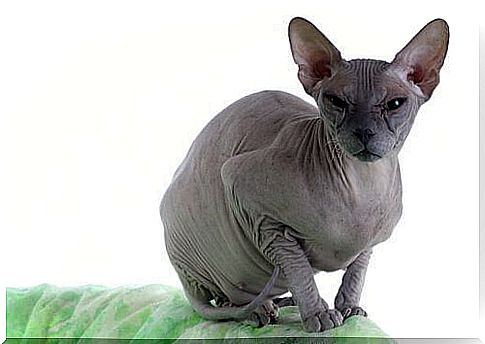
Physical characteristics of the Donskoy cat
While many of the specimens of these beautiful kittens are totally hairless, which highlights their characteristic wrinkled and chamois-like skin, there are other variants of Donskoy as well. In any case, the fur, smooth or curly, does not exceed 3 millimeters. In many cases, a light layer of hair appears in cold periods and disappears as summer arrives.
The skin is very elastic and wrinkles are marked, especially on the cheeks, parrots and under the chin. But they are also found at the base of the neck and tail, on the front and bottom of the legs, on the downward sides of the body and groin, and in the chest area.
With a life expectancy between 10 and 15 years, the other physical characteristics of this beautiful cat are:
- Size: medium (males tend to be larger)
- Weight: between 3.5 and 7 kg
- Appearance: Muscular, broad chest and strong bones
- Colors: varied
- Tail: long and with a rounded tip
- Paws: Developed and thin, with long toes and thumbs that bend inwards
- Belly: rounded (accumulates fat in winter)
- Ears: large and triangular, slightly inclined forward. The base is wide and the finish is rounded
- Front: flat
- Chin: strong, marks his Egyptian style
- Eyes: expressive and almond-shaped.
Let’s find out the character of the Donskoy cat
Anyone interested in sharing their life and home with a Donskoy cat should know that they will find a pet with a lot of energy that loves being pampered and playing. There are three behaviors that are very common to all Donskoy cats:
- They jump.
- They chase balls and other objects.
- They climb to lie down on any piece of furniture.
It is a cat that relates very well to all the members of its human family, even if very numerous. The Donskoy cat usually accepts strangers willingly, without problems. And it has no inconvenience to sharing the house with other pets, knowing how to adapt to any situation.
Elegant, curious and friendly, the Donskoy is also distinguished by its intelligence and balanced personality. His meows are soft and flattering. And, like any self-respecting kitten, he is very curious.
Of course, these pet cats don’t like being alone. So, if all family members work, or are often away from home and for a long time, the ideal is to adopt another pet – preferably a cat – to keep them company.
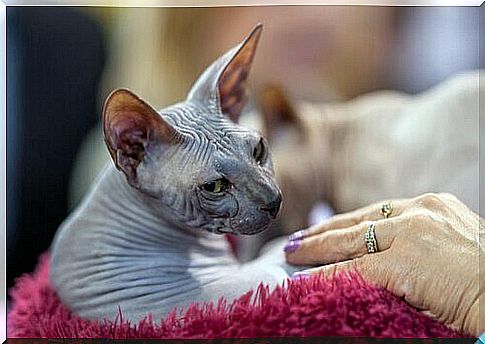
Caring for a Donskoy cat
The skin of the Donskoy cat is very similar to human skin. In addition to sweating, you risk getting tanned or burned if you are exposed to the sun for too long. Furthermore, due to its lack of hair, this animal suffers a lot from the cold. Therefore, as with all bald cat breeds, it is always best to keep it indoors and maintain a proper temperature in the winter months.
Also, due to the excess fat leaking out of the pores, the Donskoy cat needs to be bathed more frequently. Remember to always use products suitable for her very delicate skin. The vet will guide you in choosing the best one.
Your doctor will always be able to advise you on proper nutrition, as these cats usually need more calories than other breeds to maintain their optimal body temperature. And don’t forget to carefully clean your ears, gently removing excess wax.
